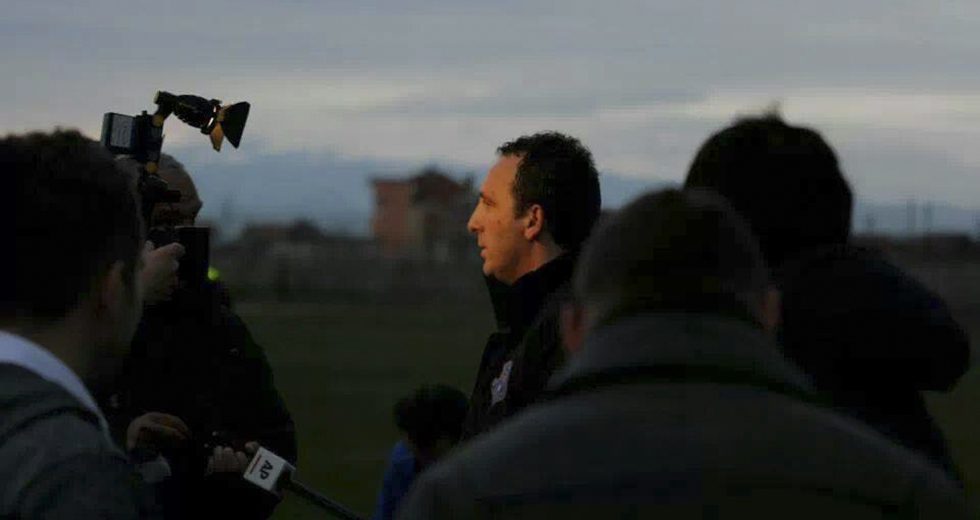
Preparing to introduce Kosovo football to the world
National team manager Albert Bunjaki ready for historic role.

Jack Robinson
Jack Robinson is a freelance journalist and a former senior editor at K2.0 (2017-18). He mainly covers the fields of culture and sport.
This story was originally written in English.